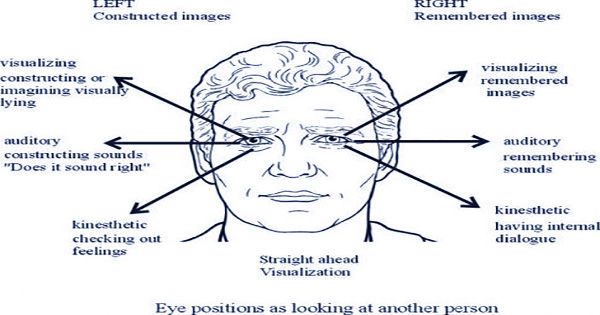A new study in the journal Nature Communications found that individuals talk about the tendencies that arise at the beginning of each utterance, reduce the emphasis at the beginning of each utterance, and that the rate of slow speech is generally considered to be dishonest. After experimenting on 110 listeners from different countries, the study authors concluded that people have the ability instantly give a false clock based on this melody, even if it is in a foreign language.
The researchers came up with the discovery that prosody – which refers to the rise and fall of a person’s speech – can be used to determine the reliability of speech. More precisely, they tried to identify whether there was a universal prosodic signature for lying, whether the audience could detect it.

For the investigation, they conducted four separate experiments, the first of which involved French-speaking participants who needed to hear hundreds of nonsense similar to French words and how honest or deceptive, as well as sure, they thought they were speakers. Based on the results, the study authors noted that listeners consistently rated the word as both more honest and more specific if they had a declining tendency, were louder at the beginning of the word, and spoke faster.
In the second experiment, the audience again presented with an array of spoken pseudo-words but some context given as the speaker intended. In some cases, for example, they told that the speaker was playing poker, and had to determine if they were lying in order to deceive their opponents.
The results are consistent with the first test, because participants consider their speeches to be in the same trend style and if their speech is slow or they emphasize less in the middle of a word, they consider more clarity to clear. The researchers then recruited English and Spanish speakers and found that their responses matched those of French participants, and speakers from different languages suggested combining similar prosodic patterns with falsehood. Finally, the authors of the study asked participants to recall and try not to recall a few words they had heard. Overall, listeners were better at remembering words that spoken carelessly, which indicate that this type of speech generally “pops out” against the speech and naturally attracts more attention.
Based on these discoveries, the researchers say that this automated response from prosody presents a “unique auditory adaptation that enables human listeners to quickly detect and respond to unreliability during linguistic interactions.”
In other words, if you want to lie firmly, you should do your job first.
















